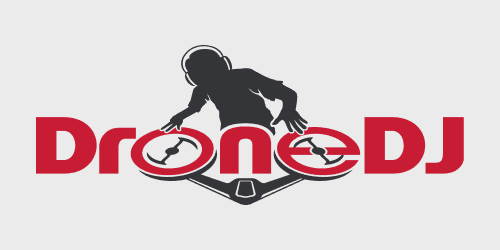
Tech disruption? More like révolution! Tests currently underway using mildew-battling agents seek legal changes allowing drones to spray wine-producing grapes in France’s cherished vineyards.
Spraying drones protect grapes against mildew in French vineyards
France can be pretty touchy when it comes to messing with traditions rooted in the nation’s history and culture, and that certainly applies to its food and wine. As a result, modification of production methods undergo extensive scrutiny to ensure they don’t somehow alter or undermine their characteristic “Frenchness.” That routinely requires legal changes, since everything in French life is in some way framed within a law somewhere. Which is why the current testing of drones for anti-mildew spraying of grapes in French vineyards is targeting operational and legislative objectives in the same mission.
Though laws regulating agricultural activity have allowed operation of uncrewed aerial vehicle (UAV) in a variety of ways, it took a 2018 temporary waiver to permit deployment of drones for spraying grapes in vineyards. And even then, it was only for experimentation. Oh, and exclusively on plants growing on inclines of 30% or more to boot.
France, as noted, likes legislation as much as it resists change.
Now, with that much-conditioned 2018 exemption set to expire in November, several hill-growing vineyards are flying drones to battle the blight of mildew, which can destroy budding grapes (and thereby leave tradition-loving wine drinkers very dry).
Provisional drone tests seek legal changes permitting routine UAV operation
The race to dispatch UAVs among elevated vines is on for two different reasons.
The first is to obtain clear evidence the craft offers an improvement over manual spraying by workers lugging 30 kg. vats of anti-mildew agent up and down steep hills. That data will be handed over to sympathetic legislators from wine-producing regions, who promise to further liberalize drone use by vineyards once the testing waiver expires. The second driver has been the miserably wet and relatively cool temperatures across France this summer, whose dampness has vastly increased the threat of vine rotting mildew.
And so drones have been dispatched on an urgent dual mission. According to reports, Alsace, Champagne, Beaujolais, and Ardéche vineyards participating in authorized trials are cheering the advantages of using UAVs over humans. While the latter typically requires between three and six hours to spray 2.5 acres of vines, drones have covered the same area in one or two – depending on whether the pilot is assisted by someone refilling the reservoir.
And while the effectiveness of the anti-mildew agent is identical in both modes, drones have been considerably more precise in spraying. That, experts say, allows for application of a less concentrated mix of the sulfur, copper, nettle, and manure authorized by organic growing rules, which is better for the planet. None of that compound, meanwhile, winds up on or in canister-pumping humans (which, as they’ll note, is better for them).
Those results are giving hope to vineyard owners that further liberalization of drone use will make manual spraying a thing of the past – starting with hillside production that can progressively be extended elsewhere. Because as they know, introduction of disrupting drone technology can be a slippery slope. They initially obtained the legal right to use sensor-equipped UAVs to detect nutrient deficiency, distress, and disease in vines before securing the 2018 spraying waiver. Now, they hope, their droning révolution will prove impossible to stop as it continues flying onwards.
Photo: Michael Ender
FTC: We use income earning auto affiliate links. More.




Comments